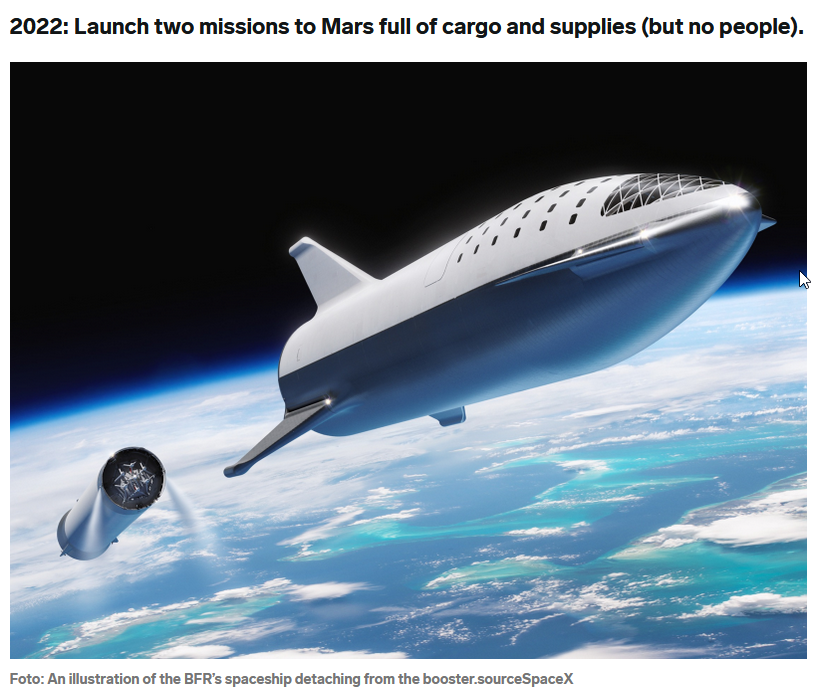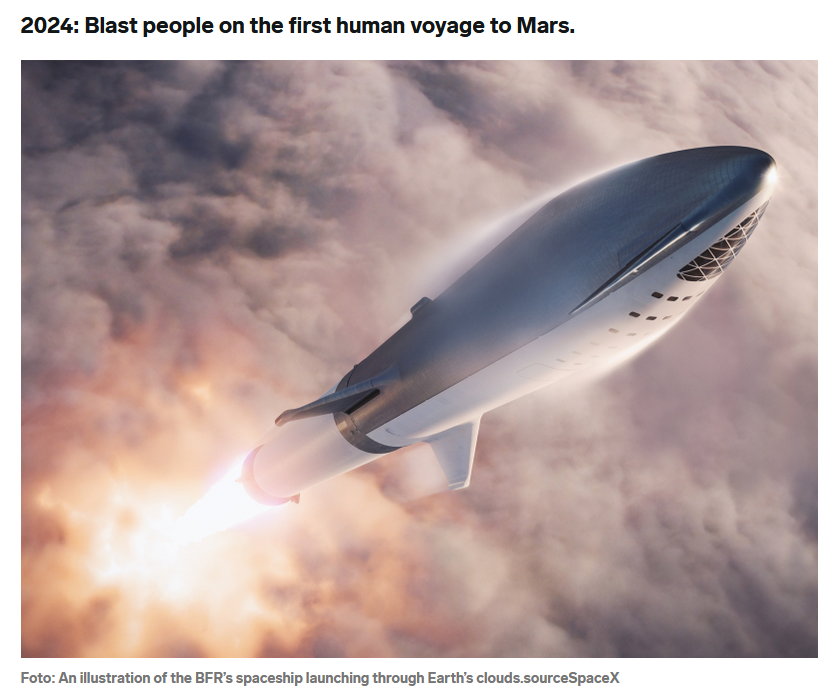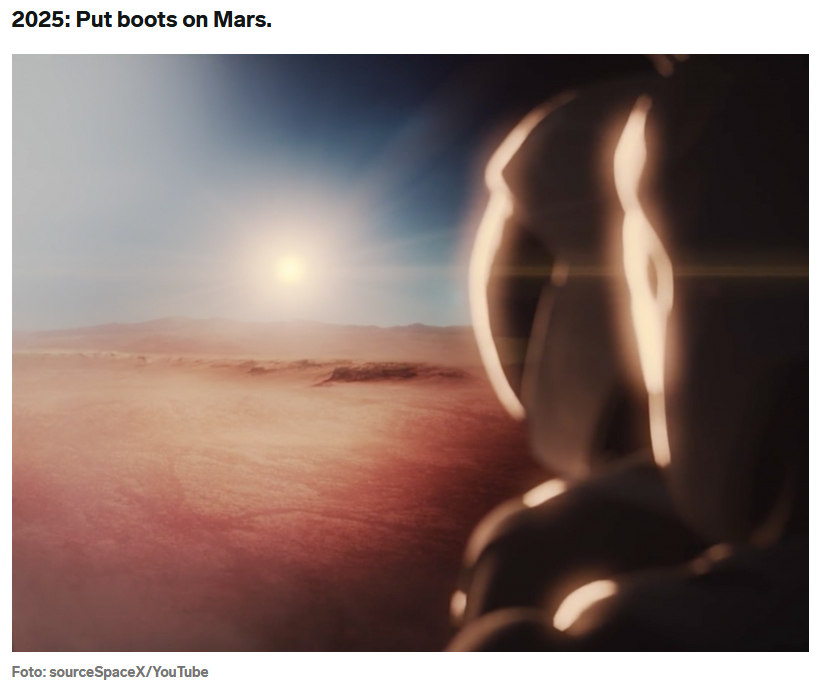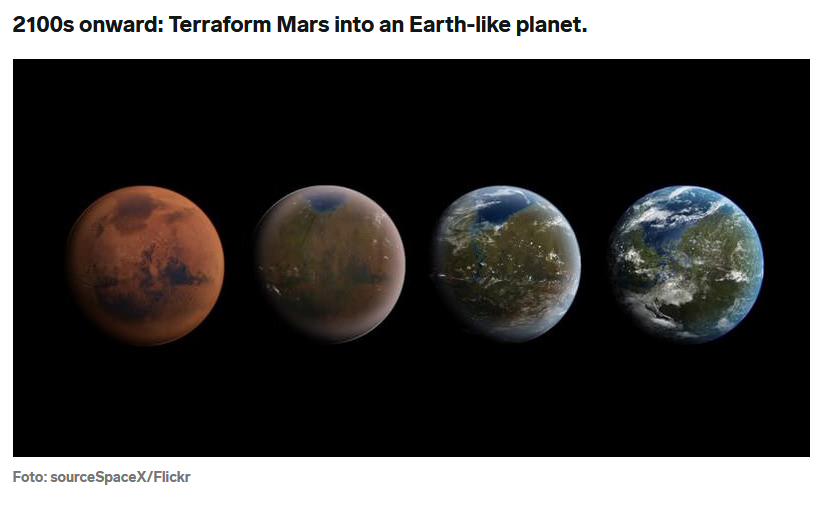Astrophysics
One of my main interests is astrophysics. My interest was raised when I followed a university class in 1993 and was renewed around the start of the Covid 19 pandemic. Thinking of astrophysical phenomena helps me to put things in perspective and realize that all daily annoyances are mostly futile and often a waste of valuable time.
The human race is just a chemical scum on a moderate-sized planet, orbiting around a very average star in the outer suburb of one among a hundred billion galaxies. We are so insignificant that I can't believe the whole universe exists for our benefit. That would be like saying that you would disappear if I closed my eyes.
~ Stephen Hawking https://www.radiotimes.com/news/tv/2018-03-14/stephen-hawking-best-quotes-dies-aged-76/
The late Stephen Hawking is probably the most renowned astrophysicist1) on the planet.
Some names
Neil deGrasse Tyson
The Mystery That Keeps Neil deGrasse Tyson Up At Night
TimesTalks: Neil deGrasse Tyson - May 5, 2017
I admire the way Neil deGrasse Tyson is able to teach about this subject, mixing scientific facts with humor.
He is a master in providing examples where one scientific fact is viewed from a different, unusual angle making you realize that one fact being true has many implications in our daily lives.
Furthermore, I like the below distinction he makes w.r.t. truth:
| Objective truth | Facts that can be scientifically proven to be right. |
|---|---|
| Personal truth | Facts that are subjective and “right” to someone based on believe or opinion. |
| Political truth | Facts that become “right” by repetition through continuous commercials or propaganda. |
Being “right” is, of course, of a temporal nature. Something is scientifically right according to empirical research and a theory that explains that behaviour. However, if a better theory is proposed and explains the same empirical research and more unexplained manifestations, that theory is more enclosing and represents the new “right”. This is explained from this point in the video.
Michio Kaku
Michio Kaku (ミチオ カク, /ˈmiːtʃioʊ ˈkɑːkuː/; born January 24, 1947) is an American theoretical physicist, futurist, and popularizer of science (science communicator). He is a professor of theoretical physics in the City College of New York and CUNY Graduate Center. Kaku has written several books about physics and related topics, has made frequent appearances on radio, television, and film, and writes online blogs and articles. https://en.wikipedia.org/wiki/Michio_Kaku
Michio Kaku: The Universe in a Nutshell (Full Presentation) | Big Think
Brian Greene

Source: http://www.briangreene.org/wp-content/uploads/2016/12/OB-XP522_0524wo_G_20130524155249.jpg
Professor Greene is world-renowned for his groundbreaking discoveries in the field of superstring theory, including the co-discovery of mirror symmetry and the discovery of spatial topology change. He is the director of Columbia’s Center for Theoretical Physics.
Professor Greene is known to the public through his New York Times best selling books and numerous media appearances from the Late Show with Stephen Colbert to Charlie Rose. The Washington Post called him “the single best explainer of abstruse concepts in the world today”.
I find his teachings on string theory still quite hard to grasp. However, as Neil deGrasse Tyson says: scientific theories which are hard to understand are therefore not untrue.
This is an interesting video in which Brian Greene explains That Whole General Relativity Thing.
Nice to know
Brian May PhD
Queen guitar player, Brian May, studied to become an astrophysicist, but had a slight delay due to starting a rock band in 1970 and becoming quite successful. He finished his PhD thesis where he was working on by the time in 2007. According to Dr. Becky it is quite a tough read even for a stargazer like her.
Life on Mars
I don't see myself living on Mars, but it's quite fascinating to read the plans on colonizing Mars that Elon Musk has. As long as we don't completely mess up the earth, there's no need to move.
But Mars is a cold, unforgiving, and almost airless rock located an average of 140 million miles from Earth. Astounding ingenuity is required to land even a small spacecraft there today, let alone a giant spaceship full of people and cargo in the future.
That’s why SpaceX is taking the lessons the company has learned over the past 16 years – and its increasing amount of money and staff – and using them to build a space vehicle called the Big Falcon Rocket, or BFR.
The fully reusable, 387-foot-tall system consists of two giant stages: a roughly 18-story-tall Big Falcon Spaceship and a similarly huge Big Falcon Booster. The booster will launch the spaceship (on top) toward space, then land itself for reuse.
Timelines are unreliable when it comes to human spaceflight, but Musk’s ambitious estimates of when SpaceX might reach Mars reveal his zeal to accomplish that goal.
The following (somewhat speculative) timeline of SpaceX’s plan [that is shown above the slides] is based on our reporting as well as dates compiled by the Reddit community r/SpaceX.
https://www.businessinsider.nl/elon-musk-spacex-mars-plan-timeline-2018-10?international=true&r=US
Dr Tyson […] talked about terraforming Mars, an idea that has been floated about in the last few years should Earth become inhabitable.
Mars is, on average, -80C, so scientists are looking at geoengineering, or climate engineering, which is the large-scale intervention in the climate system.
This idea has been raised in a bid to warm the planet using solar radiation, but Dr Tyson made a brilliant point.
“So there is a chance we could terraform Mars, to turn something that is not like Earth, into something that is like Earth. Here’s the catch, if you have the power of geoengineering to turn Mars into Earth, then you have the power of geoengineering to turn Earth back into Earth.”
Despite his brilliant idea, there is substantial agreement among scientists that climate engineering cannot substitute for climate change mitigation.
Neil deBuck Weasel
Since Neil deGrasse Tyson is America's most beloved astrophysicist 2), he participates in many projects that deal with astrophysics in one way or another. In the film Ice Age: Collision Course he voiced a character which was based on him, called Neil deBuck Weasel. In the following video Neil explains what happened to Mars.










